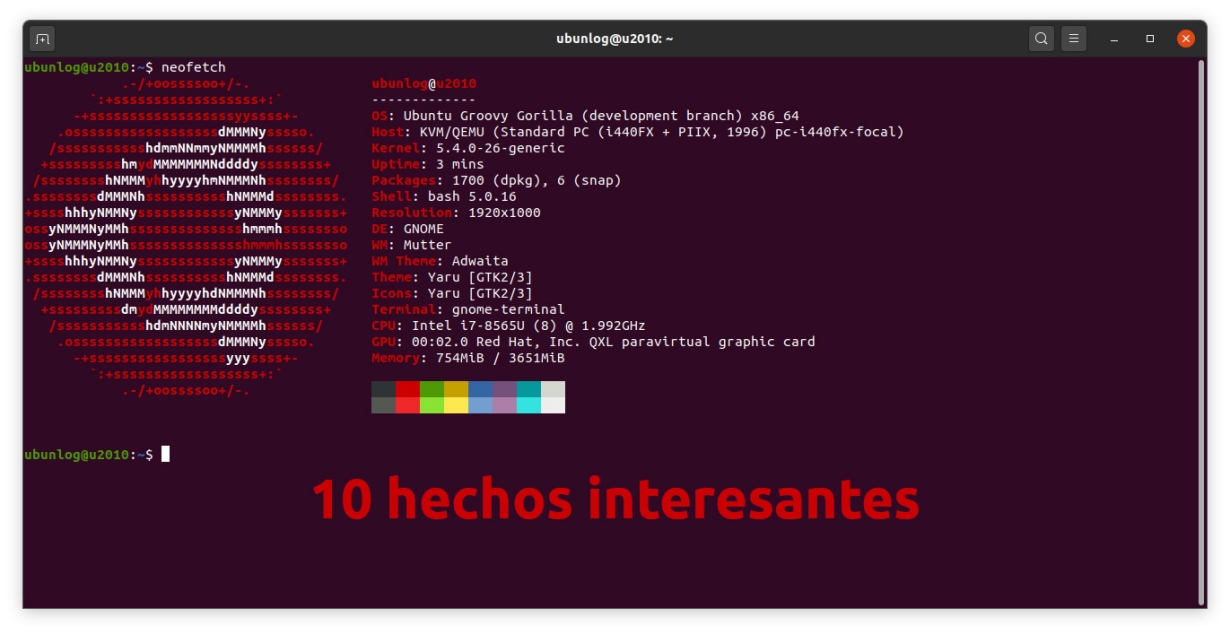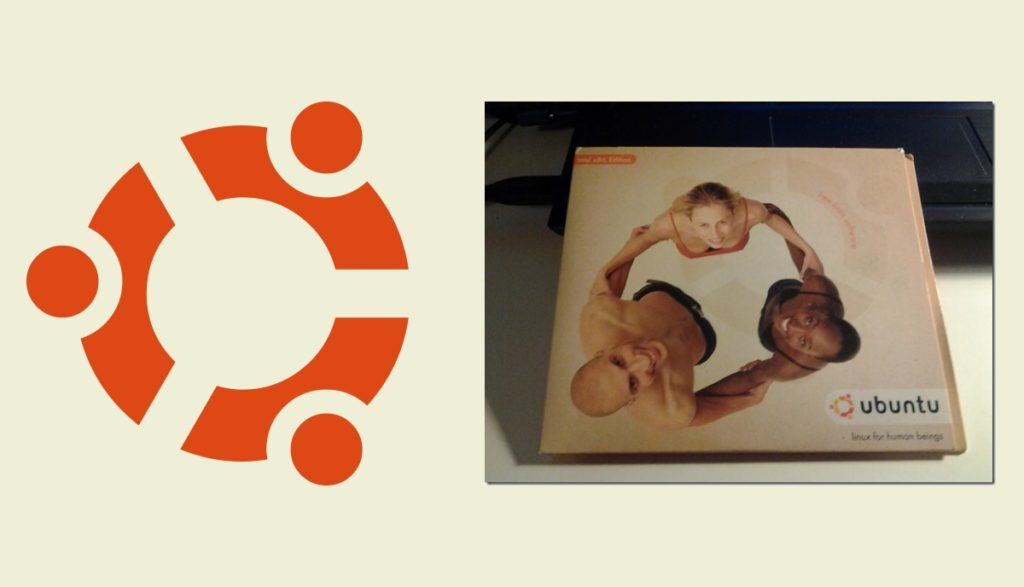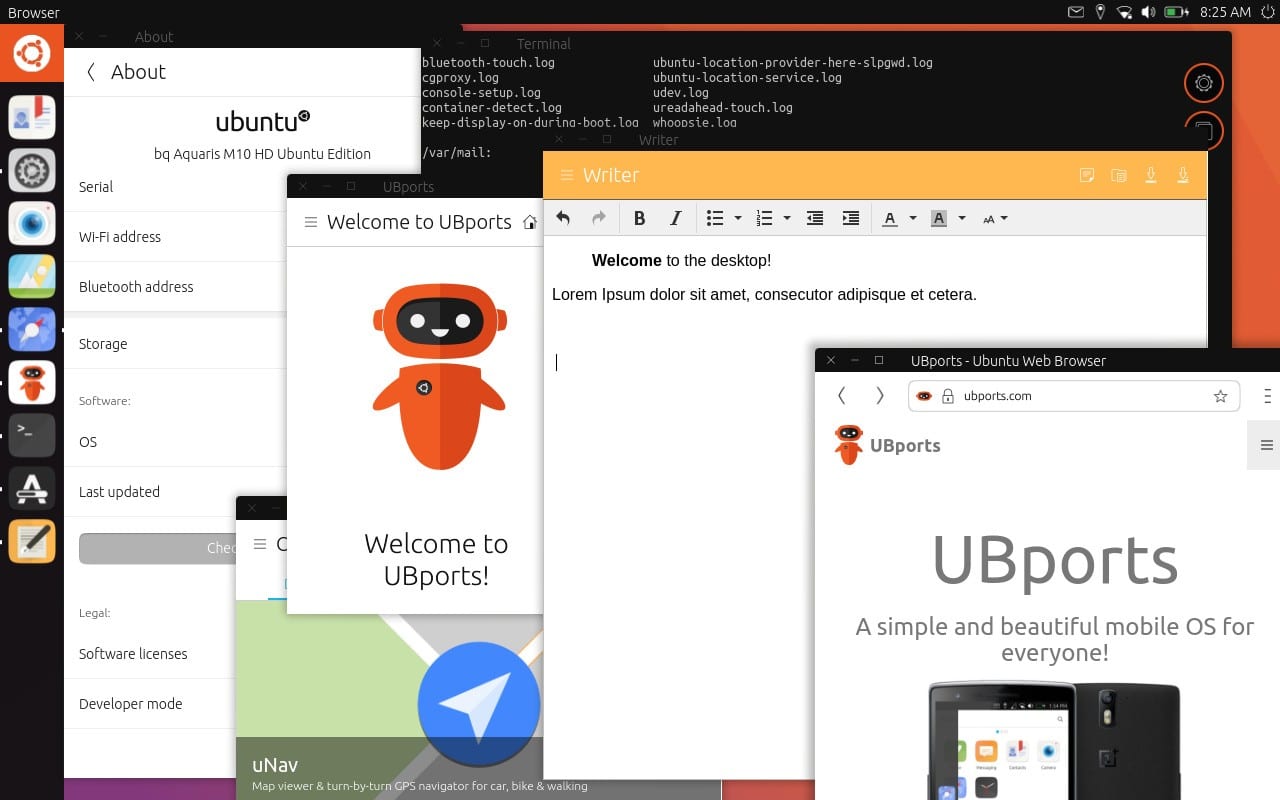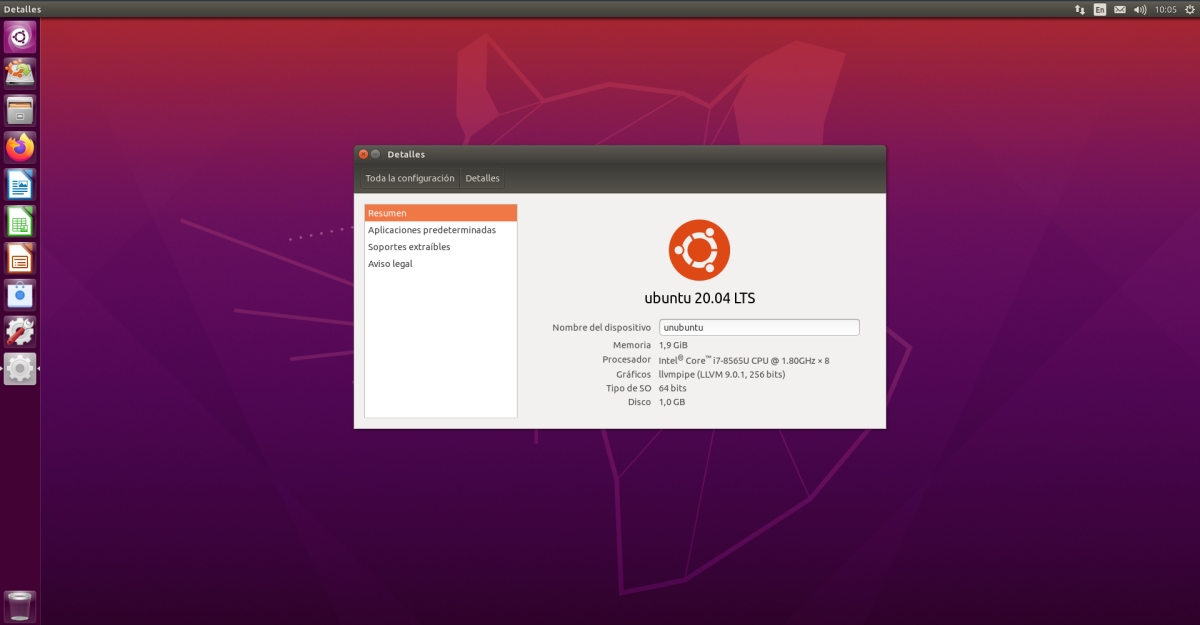
To whom Ubunlog We usually talk about Linux, but especially about the operating system Ubuntu, its official flavors and others that are based on it. Most of us know that it is developed by Canonical, but where does the word that gives the system its name come from? Is it a made up word like many others in a lot of software? Does it have a meaning in any language? I don't think I will spoil you if I say yes, it is a very old African word.
On the other hand, have you ever wondered what they used to create their logo? It is not exactly the same as the one shown by Neofetch, but it is made up of three curves with a ball in the center each. As you will learn later, those three parts are people and in this article we are going to tell you the 10 most interesting facts about Ubuntu and everything that surrounds it, among which we have Canonical and its CEO Mark Shuttleworth.
What does Ubuntu stand for and what does its logo represent?

For the vast majority of inhabitants of the planet, Ubuntu is either the name of an operating system or nothing, a word they do not know. But for Africans, or for some of them, it is a word. It is not for everyone because it is an old word that speaks of a philosophy, whose meaning is "humanity towards others" or "a sense of benefit for all of us who treat people well." That's something the popular operating system wants to achieve.
Moreover, we have the logo. As you can see in the previous image, they are three people who support each other and form a community holding each other by the arms. Looking at the image, and this is a personal impression, the word "unity" also comes to mind and do you remember what Canonical name gave to the graphical environment that it developed (and abandoned)?
Ubuntu development cycle
Each distribution has its own development cycle. For example, Debian releases its new versions every year or two, depending on when they have everything ready to work perfectly. Others like Arch Linux use a development model known as Rolling Release in which they release all the news when they are ready, but without launching a new full operating system (they do release ISOs for new installations).
On the other hand, Ubuntu releases a new version of its operating system every six months, in the third thirds of the months of April and December. The name is that of the operating system and two numbers separated by a period as XY: X is the year and Y is the month, with only two options for Y (04 and 10) and infinite for X, although there are two Xs per year. For example, Ubuntu 20.04 has recently been released, which is the April (04) 2020 (20) OS version.
Ubuntu codenames
Just as there is a way to number operating systems, there are also rules for choosing the codename. Since its first release in October 2004, the codename uses an adjective and an animal name whose initials match, such as Focal Fossa in April 2020 or Groovy Gorilla that will be released in October 2020. It is a tradition that they have followed strictly from the beginning and the names and version numbers have been as follows (wiki):
| Adjective | Animal | Version |
|---|---|---|
| Warty | Wartog | 4.10 |
| Hoary | Hedgehog | 5.04 |
| Breezy | Badger | 5.10 |
| Dapper | Drake | 6.06 LTS |
| Edgy | eft | 6.10 |
| feisty | fawn | 7.04 |
| gutsy | Gibbon | 7.10 |
| Hardy | Heron | 8.04 LTS |
| Intrepid | Ibex | 8.10 |
| jaunty | Jackalope | 9.04 |
| karmic | Koala | 9.10 |
| Lucid | Lynx | 10.04 LTS |
| Maverick | meerkat | 10.10 |
| Natty | Narwhal | 11.04 |
| oneric | Ocelot | 11.10 |
| Precise | Pangolin | 12.04 LTS |
| how much | Quetzal | 12.10 |
| raring | ringtail | 13.04 |
| Saucy | salamander | 13.10 |
| Trusty | Tahr | 14.04 LTS |
| Utopian | Unicorn | 14.10 |
| Vivid | Vervet | 15.04 |
| Wily | Werewolf | 15.10 |
| Xenial | xerus | 16.04 LTS |
| yakkety | Yak | 16.10 |
| zesty | Zapus | 17.04 |
| Artful | aadvark | 17.10 |
| Bionic | Beaver | 18.04 LTS |
| Cosmic | Cuttlefish | 18.10 |
| Disc | Dingo | 19.04 |
| eoan | ermine | 19.10 |
| Focal | pit | 20.04 LTS |
| Groovy | Gorilla | 20.10 |
| "HAdjective" | "HAnimal" | 21.04 |
Canonical hadn't originally decided that code names should be like this and follow an alphabetical order, but it did end up becoming the norm.
Ubuntu has 7 official flavors ...
However had and will have more. At present, the normal or main flavor is accompanied by Kubuntu, Xubuntu, Lubuntu, Ubuntu MATE, Ubuntu Studio, Ubuntu Budgie and Ubuntu Kylin, with environments Plasma, Xfce, LXQt, MATE, Xfce (Plasma as of 20.10), Budgie and UKUI. Until recently, the Ubuntu GNOME version was available, but it was discontinued when Canonical decided to return to GNOME after leaving Unity. In the future, they will probably join the Ubuntu Cinnamon family, UbuntuDDE, Ubuntu Lumina and Ubuntu Unity, projects that are taking their first steps right now.
Unity, Canonical environment
Ubuntu Unity is taking its first steps right now, when they have released their first stable version. Will use the graphical environment designed by Canonical earlier this decade, which promised a convergence between devices that never happened. Over time, he abandoned the graphical environment, but others continued with his development.
Unity changed the Ubuntu image a lot. Instead of having the upper and lower bars as before, it happened to have an upper one with information, such as the one offered by the system tray, and a dock on the left that, well, many of us don't remember too well. The more modest computers suffered, which is why many users complain. For this reason, Ubuntu MATE was mainly born, which is the closest thing to the original Ubuntu.
In 2017, Canonical left Unity to revert to a much more modern version of GNOME 3.
Ubuntu Touch or Mobile

Shortly after launching Unity, Canonical also told us about the famous convergence that never materialized. But it wasn't because they didn't try. The company began to develop a mobile and touch version of his operating system, something he also abandoned to focus on the desktop.
UBports decided to take over the code and the mobile version of Ubuntu goes ahead, but it is no longer called Unity 8 as expected, but lomiri. Currently, Lomiri is compatible with some terminals such as the PinePhone or the Librem 5.
Canonical: the private company and the motor
Many Linux distributions are developed and maintained by volunteers and the user community, who make donations, but that is not the case with Ubuntu. In this case there is a private company behind it, and its name is Canonical.
It is Canonical who is in charge of ensuring that there will be a launch every 6 months and of offering us all the security patches necessary for Ubuntu to remain a reliable and secure operating system.
Mark Shuttlework, CEO and Head of Everything
The brain of it all is Mark Shuttleworth, a South African businessman who founded Canonical Ltd. and is still its CEO today. Shuttleworth sponsors his own company, helps with development, and maintains Ubuntu and other open source projects. Before this, Mark was an Apache maintainer on Debian and this was part of what made him create Ubuntu: making Debian easier to use and reach more people.
Shuttleworth was the first African in space
In addition to everything related to software, Shuttleworth likes to explore the world… and what lies beyond. For this reason, in 2002 he ended up going into space, becoming the first African to leave planet earth and the second to do it as a tourist paying for the trip himself. Back on the International Space Station, he spent eight days participating in AIDS-related experiments and genome research.
Ubuntu and its old shipping service
In its beginnings, Ubuntu did not work as it does now. It had to be burned to a CD in order to install the operating system. For this reason, Canonical offered a service in which he sent us an installation CD, and all this for free. The service was called ShipIt and I personally considered ordering a CD for myself. I didn't, maybe not to bother, and now I regret it.

